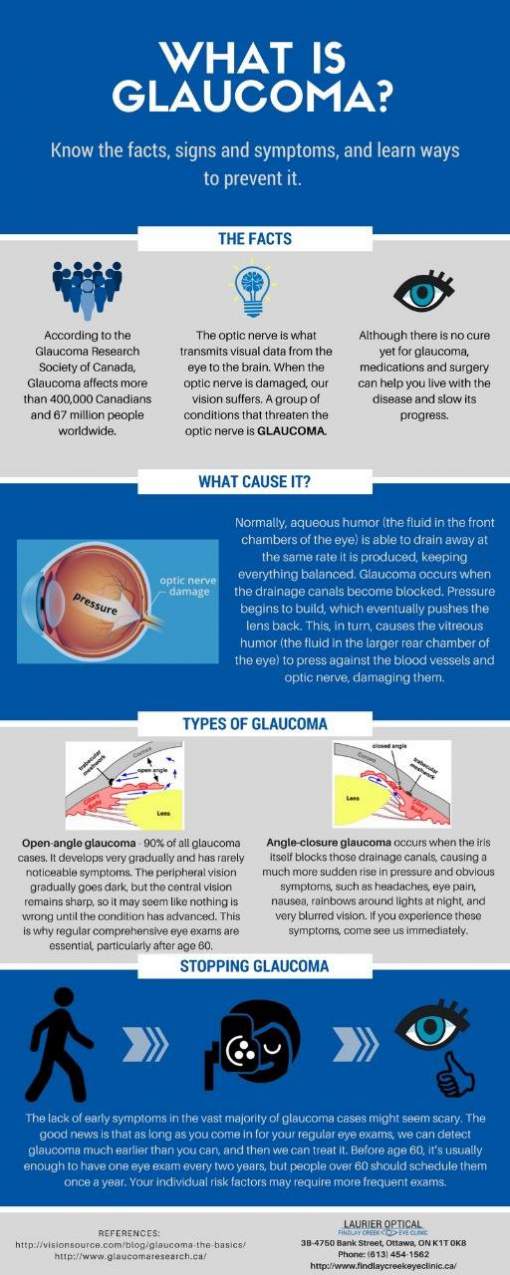SMILE Eye Surgical Treatment Gives A Minimally Intrusive Approach For Vision Correction, However What Are The Possible Dangers And Healing Details You Should Know?

Team Writer-Hinson Byrd
If you're thinking about vision correction alternatives, SMILE eye surgery could be on your radar. This ingenious treatment involves developing a small lenticule in the cornea to deal with nearsightedness and astigmatism. Unlike traditional LASIK, it's less invasive and guarantees quicker recovery. However, while there are substantial advantages, there are additionally dangers involved. Recognizing both aspects can help you make an enlightened choice concerning your eye health. What's success rate of smile surgery raleigh like, and what should you expect?
Recognizing the SMILE Treatment
The SMILE procedure, or Small Cut Lenticule Removal, is a minimally invasive eye surgery designed to deal with vision problems like nearsightedness and astigmatism.
Throughout this treatment, a laser creates a little lenticule, or lens-shaped tissue, within the cornea. You will not require any stitches, as the small incision enables a quick recuperation.
The specialist then gets rid of the lenticule through this tiny cut, improving your cornea to boost your vision. Unlike traditional LASIK, SMILE doesn't require the development of a large flap, which can lead to less issues.
You'll locate that this method is less disruptive to the corneal structure, potentially boosting security. Understanding the procedure assists you feel extra positive as you consider your alternatives for vision improvement.
Advantages of SMILE Eye Surgical Procedure
While considering vision modification choices, you could find that SMILE eye surgical procedure offers a number of compelling benefits.
Initially, it's minimally intrusive, calling for only a small laceration, which implies less disruption to your eye framework. This results in quicker healing times and less pain compared to typical LASIK.
You'll likewise appreciate its precision; SMILE makes use of innovative laser innovation to improve the cornea, giving superb results for nearsightedness and astigmatism.
In addition, numerous clients report boosted aesthetic top quality, with fewer instances of glare or halos. Given that there's no demand for a corneal flap, your eyes stay a lot more steady post-surgery.
Last but not least, the treatment generally takes simply a few mins, enabling you to go back to your everyday tasks quicker than with various other approaches.
Prospective Threats and Healing Refine
Although SMILE eye surgical procedure is normally secure, it's important to be knowledgeable about prospective risks that can emerge during or after the procedure. Some people might experience short-lived side effects like completely dry eyes, glare, or halos around lights.
In unusual situations, problems such as infection, vision loss, or the demand for additional surgical procedure can happen.
Recuperation usually includes a couple of days of rest and avoiding strenuous activities. You ought to follow your surgeon's post-operative directions thoroughly, including using recommended eye drops and attending follow-up visits.
Numerous clients discover improved vision within a couple of days, but complete recovery can take weeks. Remaining https://www.verywellhealth.com/lasik-day-of-surgery-5073650 and offering your eyes time to recover is vital for the very best outcome.
Conclusion
To conclude, SMILE eye surgical procedure supplies a modern, minimally intrusive alternative for dealing with nearsightedness and astigmatism. With its quicker healing time and minimized discomfort, it's an appealing option for several. However, it's essential to weigh the prospective risks versus the benefits. By staying notified and following post-operative treatment, you can maximize your chances of an effective end result. If you're considering this treatment, seek advice from your eye care expert to figure out if it's right for you.

